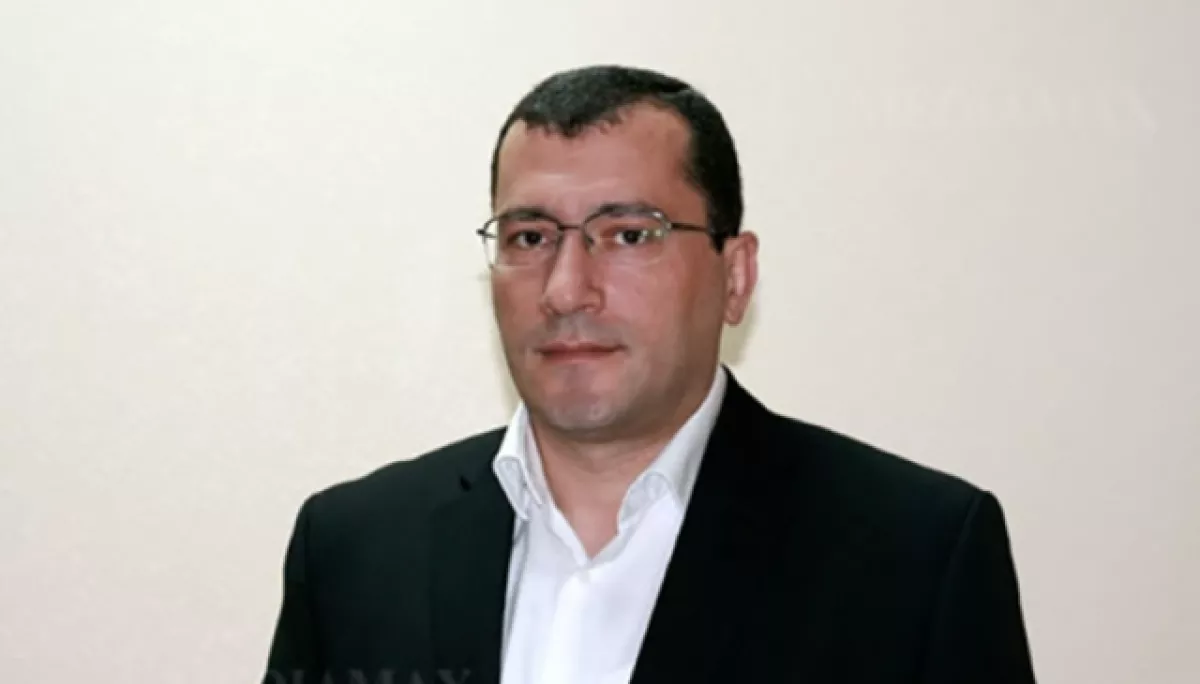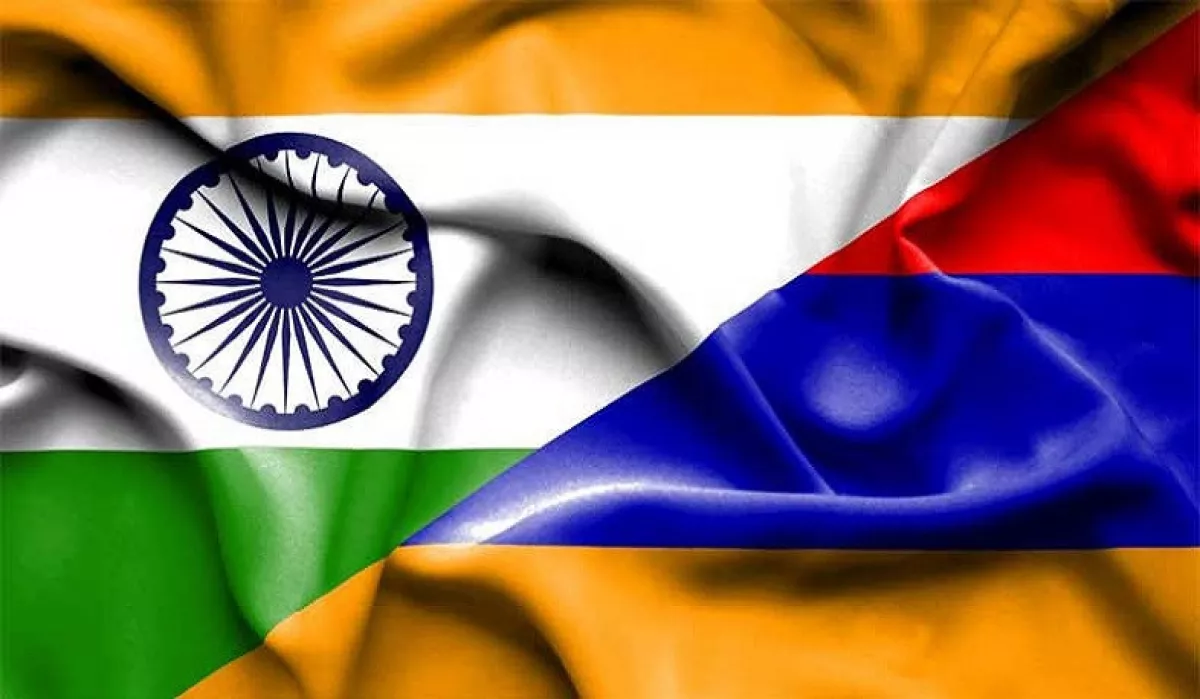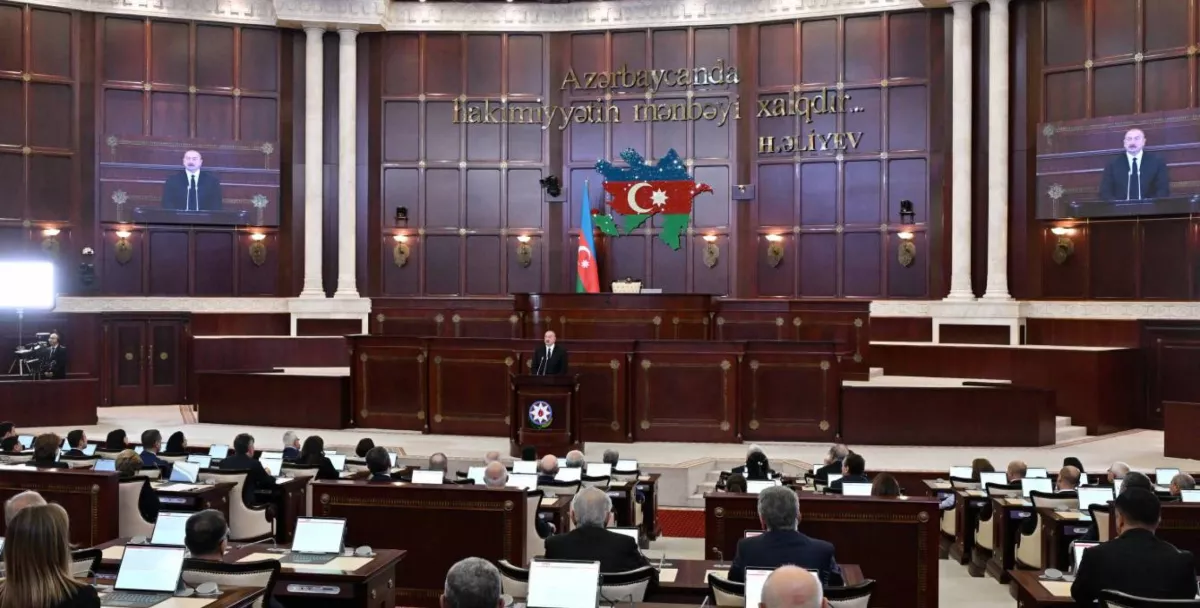Polish footprint in Armenia's militarisation What arms will Warsaw supply to Yerevan?
In recent years, Armenia has been actively seeking new arms suppliers around the world, and it now appears set to expand its military arsenal with the help of another European country—Poland. This is evidenced by the growing frequency of defence-related contacts between Yerevan and Warsaw.

Just recently, Armenian media enthusiastically reported that Armenia’s Deputy Minister of Defence Karen Brutyan met in Warsaw with Paweł Bejda, State Secretary of Poland’s Ministry of National Defence, to discuss bilateral cooperation in the military sphere.
An agreement on defence cooperation between the two countries was signed as far back as September 2004. At the time, then-President Robert Kocharyan even discussed with the Polish side the possibility of deploying Armenian transport and engineering units as part of the Polish-led international coalition forces in Iraq. However, the following years saw a decline in bilateral engagement, and only in March 2013 did Armenia and Poland revive military cooperation, signing an agreement to establish a joint military enterprise between the Charentsavan Machine-Building Plant of Armenia's Ministry of Defence and the Polish company Lubawa S.A. to produce protective gear, army helmets, bulletproof vests, and other military equipment.
Subsequently, in 2019, Lubawa–Armenia significantly scaled back operations due to economic difficulties. The two sides only returned to discussions about expanding investment and increasing the company’s capital share in July 2025.
Notably, 2025 has seen a significant intensification of contacts between Armenian and Polish officials. For instance, in June this year, a delegation led by Lucjan Pietrzyk, head of the Poland–Armenia Friendship Group in the Polish Sejm, visited Yerevan and met with the Secretary of Armenia’s Security Council, Armen Grigoryan. Earlier, on the sidelines of the "Yerevan Dialogue 2025" conference held in the Armenian capital, Chairman of the National Assembly’s Foreign Relations Committee, Sargis Khandanyan, held a meeting with Grzegorz Schetyna, Chair of the Polish Senate's Foreign Affairs Committee.
Since 2012, the two countries have maintained an intergovernmental commission on military-technical cooperation. Moreover, in January of this year, the Armenian government approved a new agreement on military-technical cooperation with Poland.
In light of these developments, it is reasonable to assume that Armenia's military arsenal may soon be replenished with modern Polish-made weaponry.
Background: Poland produces a wide range of weapons, including tanks, small arms, and various sniper rifles. In addition, the country is actively developing air defence systems, such as the Poprad and Grom surface-to-air missile systems, and cooperates with Ukraine in the development of anti-tank missile systems, guided mines, and artillery shells.
Having effectively frozen its relations with the Collective Security Treaty Organisation (CSTO), Armenia now appears to be pursuing an intensive rearmament policy with the support of Western states—France foremost among them. With Western backing, Armenia is attempting not only to carry out substantial reforms in its armed forces but also to secure funding for the purchase of modern lethal weapons. Last year, Armenia purchased 36 CAESAR self-propelled artillery systems from France.

In addition, over the past two years, Armenia has signed defence contracts with India worth hundreds of millions of dollars. According to IADN, Yerevan is expected to receive the second batch of Indian-made Akash-1S surface-to-air missile systems in July this year. As a result, in 2025 the Armenian government increased defence spending by 20% compared to the previous year, raising the military budget to $1.7 billion.
But let us return to Polish–Armenian military cooperation. Poland is one of NATO’s key member states and ranks first among both NATO and EU countries in defence spending relative to GDP. At the same time, Poland continues to invest heavily in its military-industrial complex and is planning to build three new ammunition manufacturing plants. According to open sources, four companies within the state-owned Polish Armaments Group (PGZ) will receive approximately €565 million for this purpose. These plants will produce, among other things, 155mm artillery shells.
It is therefore quite logical that Warsaw is interested in any new markets for its military products, as the Western sector is effectively closed off due to intense competition.
As for Armenia, the question arises: “What types of Polish-made weaponry could Yerevan potentially acquire?”—and the answer is far from straightforward. For instance, the Russian military expert community tends to view such a possibility with scepticism, though it does acknowledge that Poland has developed some notable weapon systems.
According to some military analysts, much of Poland’s current military arsenal is a legacy of the Soviet era, and the country’s entire defence industry still bears the imprint of its Warsaw Pact past. There is also an expert opinion that Russia once sold Poland the technology for man-portable air defence systems (MANPADS), which allowed Warsaw to establish its own production lines.
Nonetheless, experts remain highly doubtful about the likelihood of Armenia receiving lethal Polish-made weaponry—mainly due to Yerevan’s limited financial resources.
However, an important caveat must be made here. When it comes to arms supplies, Armenia is primarily counting on funding from the so-called European Peace Facility (EPF)—an initiative that, despite its name, in practice finances warfare.

Official Baku has repeatedly expressed dissatisfaction over the continued provision of offensive weapons to Armenia. Speaking at the inaugural session of the seventh convocation of Azerbaijan’s Milli Majlis in September 2024, President Ilham Aliyev made a clear and unequivocal statement: "Those arming Armenia should bear in mind that they will be directly responsible for all future developments, and naturally, official territorial claims against us should be stopped."
Whether Poland indeed intends to join this club of “guardians of the land of stones” remains to be seen. But one can only hope that Baku’s clear message has been heard in Warsaw.








